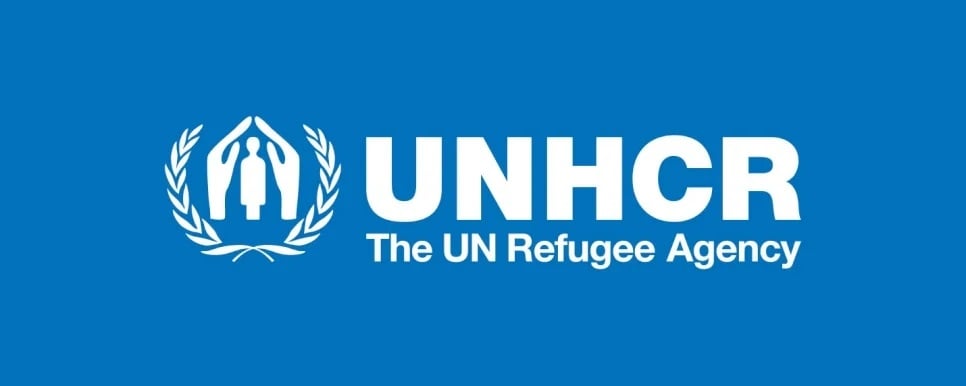Winter adds to fears of Syrians fleeing conflict in north-east
Sitting on a concrete slab outside her tent in Bardarash camp – home to more than 13,000 recently-arrived refugees from north-east Syria – Jamila watches her adopted son Arosh playing in the unseasonable sunshine that still warms this part of the Kurdistan Region of Iraq (KRI). But she knows that even this small mercy will not last.
“It rained here last week, and the water entered through the side of my tent,” she said. “It was only a short shower, but you could feel the mood in the camp change as people realized where they are now, and what they are facing.”
Until last month, 50-year-old Jamila had lived all her life in Ras al-Ain, a city on Syria’s northern border with Turkey. Despite long periods of hardship and insecurity during the country’s nearly nine-year conflict, she had remained in her home even when others from the town opted to leave.
In early October, however, the day came when she was no longer able to stay put. “It happened in the late afternoon, they started shelling the city,” Jamila said. “I took my son and the things I was able to carry and left town with my sister and her family at dusk. As we drove away we saw bodies at the side of the road.”
"I don't think this is going to be an easy winter."
Jamila spent several days near the Iraqi border before walking across in the dead of night, keeping eight-year-old Arosh close by. They were taken on buses along with hundreds of other new arrivals to Bardarash camp, which lies between the city of Duhok and KRI’s capital, Erbil.
The latest escalation of violence in north-east Syria has left more than 74,000 people displaced from their homes inside the country, and driven some 15,500 refugees to seek safety in neighbouring Iraq.
UNHCR, the UN Refugee Agency, has immediately responded to this new emergency by providing life-saving protection and assistance to those in need. But the imminent arrival of winter storms and plummeting temperatures threatens to exacerbate an already dire situation.
In Bardarash camp, working alongside the Kurdish authorities and local NGO partners, UNHCR is providing all refugees in the camp with a tent, essentials such as kitchen sets and mattresses, as well as health care and protection services including psychosocial support.
To help prepare them for the coming winter, when the area regularly experiences heavy rains and near-zero-degree temperatures, families are also provided with high-thermal blankets and floor mats, insulated tent linings, plastic sheeting, and kerosene stoves and fuel.
Despite these preparations, Jamila still feels a sense of foreboding about the coming winter. “We are safe now, but safety is not the only concern when you are facing so many risks,” she says. “This is my first time living in a tent, and I don’t think this is going to be an easy winter for us and many others in this camp.”
Across the wider region, UNHCR estimates that 3.8 million Syrian and Iraqi refugees and internally displaced people require assistance to prepare for the coming winter in Egypt, Iraq, Jordan, Lebanon and Syria. For many, this will be their ninth consecutive winter in displacement.
UNHCR requires US$222 million to provide timely assistance to all those in need through its winterization programme, which covers the period from September 2019 to March 2020. Support includes the provision of core relief and winter items, as well as seasonal cash assistance to help families cover the cost of heating and other needs during the cold months.
"Winter in a tent is hard."
“Ongoing preparations for assistance began in September and support will continue throughout winter,” UNHCR spokesperson Andrej Mahecic told reporters in Geneva on Friday. "Preparations include deliveries of core winter relief items such as high-thermal blankets, plastic sheets and warm clothing."
In Bardarash, fear over the arrival of winter was shared by another lone mother caring for her two young children in the camp. Nadira, 25, spent a winter under canvass during the early years of the conflict when she was displaced from her home in rural Aleppo, so knows what to expect.
“I know that winter in a tent is hard, and the weather here is harsh,” she said. “I am concerned that my children may get sick. Several times a night they wake up and tell me they are cold, so I cover them up [with more blankets].”
“When we first arrived at the camp, they gave us blankets, mattresses, insulation mats, a heater and kerosene,” Nadira added. “In the morning when we wake up it is already cold, but I don’t want to waste the kerosene. I know that soon, it is going to get colder.”










